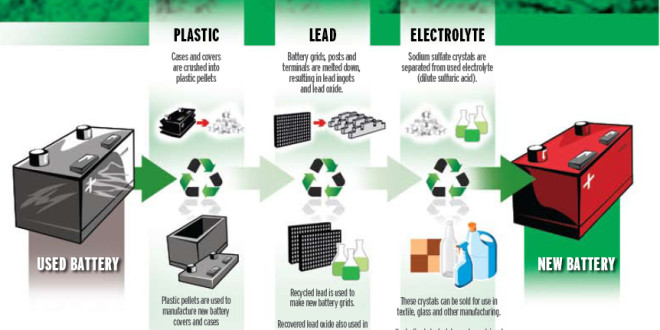Lead acid batteries have no real rivals in the forseeable future, say scientists.
Official recognition by the Oeko Institute that there is no mass market alternative to lead-based batteries for most automotive applications has been welcomed by a group representing the automotive and battery industries of Europe.
The Institute’s recommendation to the European Commission for a continued exemption for lead batteries from the restriction on lead in vehicles under the End-of-Life-Vehicle (ELV) Directive supports many of the arguments put forward by the industry group. It also recognises the ongoing, intensive R&D initiatives of the automotive industry to find alternative battery applications.
Advanced lead-based batteries are used in all micro and mild-hybrid vehicles utilising start-stop technology, and achieve significant savings of CO2 emissions. Lead-based batteries may also be used in the future for advanced hybrid applications, increasing the potential of CO2 savings.
Lead-based batteries have a number of advantages over other battery technologies in a number of key automotive features, such as cold cranking, safety, functional vehicle design, durability at high temperatures, and low cost. Moreover, they are currently the only battery technology that operates in closed-loop recycling in Europe, with 99% being collected and recycled for the manufacture of new automotive batteries – a perfect example of the circular economy already in action.
The lead battery industry is vital to the European economy. It directly employs around 20,000 workers in Europe and has an annual turnover of approximately €5 billion. Users of lead-based batteries include the automobile industry, which employs 12.1 million people and represents 5.6% of total EU employment.


